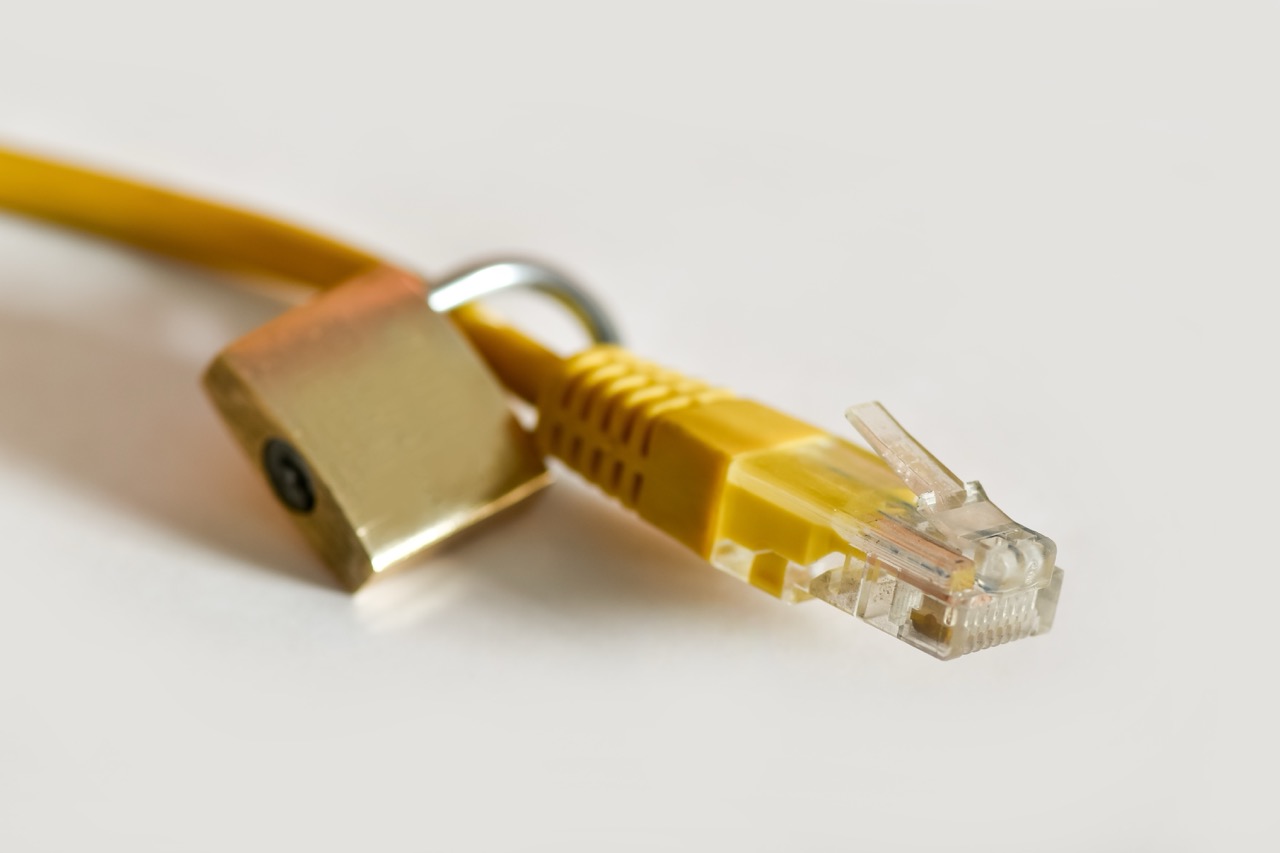In an ever-connected world, online privacy is becoming increasingly elusive. With the rise of digital marketing, social media, and data analytics, the ability to track user behavior online has expanded exponentially. This pervasive tracking poses significant risks, including the potential for identity theft, data breaches, and the erosion of personal privacy. Virtual Private Networks (VPNs) have emerged as a vital tool in the fight against online tracking, offering users a means to protect their personal information and maintain anonymity. This article explores the role of VPNs in preventing online tracking, examining their mechanisms, effectiveness, and future potential in the realm of cybersecurity.
Understanding Online Tracking: Risks and Implications
Online tracking involves the collection and analysis of user data as they navigate the internet. This can be accomplished through various methods, including cookies, web beacons, and fingerprinting techniques. The information gathered can include browsing habits, location data, and personal information, which can be exploited for targeted advertising or sold to third parties. The implications of such tracking extend beyond mere privacy concerns; they can lead to a distorted digital experience, where users are bombarded with personalized ads that may not align with their interests or needs.
The risks associated with online tracking are multifaceted. Individuals may face identity theft, as sensitive data can be harvested and misused. Furthermore, the accumulation of personal data can result in unwarranted surveillance and the manipulation of user behavior through tailored content. The ethical implications are profound, as users may unknowingly consent to the commodification of their personal information without fully understanding the consequences. This calls for robust privacy solutions to mitigate the risks posed by online tracking.
As awareness of these issues grows, individuals are increasingly seeking ways to protect their online privacy. This trend underscores the importance of understanding the tools available to counteract tracking methods effectively. In this context, VPNs have gained prominence as a means of enhancing online security and anonymity, providing users with a layer of protection against the pervasive nature of digital tracking.
How VPNs Enhance Privacy and Anonymity Online
VPNs function by encrypting a user’s internet connection and rerouting their traffic through a remote server. This process effectively masks the user’s original IP address, replacing it with that of the VPN server. By doing so, VPNs not only obscure the user’s geographic location but also make it significantly harder for third parties, including websites, advertisers, and ISPs, to monitor online activities. The encryption provided by VPNs further secures data against interception, especially on unsecured networks such as public Wi-Fi.
The anonymity afforded by VPNs is particularly beneficial in an era where digital footprints are meticulously tracked. When users connect to the internet via a VPN, their data becomes encapsulated in a secure tunnel, rendering it opaque to prying eyes. This enhanced privacy deters tracking mechanisms, as the original source of the internet traffic becomes indistinguishable. Consequently, users can engage in online activities with greater confidence, knowing that their actions are not being scrutinized.
Moreover, VPNs can help users circumvent geo-restrictions imposed by websites and streaming services, which often utilize tracking technologies to enforce regional content limitations. By connecting to a server in another country, users can access a wider range of content while simultaneously shielding their online activities from tracking. This dual benefit of access and privacy underscores the essential role of VPNs in fostering a more liberated and secure online environment.
Mechanisms of Action: How VPNs Mask Your IP Address
At the core of a VPN’s functionality is the process of IP address masking. When a user initiates a VPN connection, their request is sent to the VPN server, which then forwards the request to the target website. This intermediary step means that the website can only see the IP address of the VPN server, not the user’s actual IP address. As a result, individual users gain an added layer of anonymity, making it exceedingly difficult for trackers to pinpoint their location or identity.
The encryption of data transmitted between the user and the VPN server is another vital mechanism that enhances privacy. VPN protocols, such as OpenVPN and IPSec, employ advanced encryption standards to secure data packets. This means that even if a malicious actor intercepts the network traffic, they would only encounter encrypted data that cannot be easily deciphered. Consequently, this encryption not only protects user data from tracking but also secures it from potential eavesdropping or data theft.
Additionally, many reputable VPN providers implement no-logs policies, which ensure that none of the user’s online activities are recorded or stored. This feature significantly minimizes the risk of data breaches, as even the VPN service itself does not retain information that could potentially be exposed. Together, these mechanisms work synergistically to provide users with a robust defense against online tracking, fostering a more secure browsing experience.
Comparison: VPNs vs. Other Online Privacy Solutions
While VPNs are a powerful tool for enhancing online privacy, they are not the only solution available to users. Other methods of preventing online tracking include browser extensions, ad blockers, and privacy-focused browsers. Each of these options has its strengths and weaknesses, making it essential for users to understand their specific needs when choosing a privacy solution. For instance, browser extensions like uBlock Origin can effectively block ads and tracking scripts, but they may not provide the same level of encryption that a VPN offers.
On the other hand, privacy-focused browsers like Tor use a decentralized network to anonymize user traffic, offering a high degree of privacy. However, the relatively slower browsing speeds and potential challenges with accessing certain websites can be limiting factors. VPNs, in contrast, strike a balance between privacy and usability, allowing users to maintain a seamless browsing experience while obscuring their identity and protecting sensitive data.
It is also important to consider the legal and jurisdictional aspects of these privacy solutions. For example, some VPN providers may be subject to data retention laws in their home countries, which could compromise user privacy if logs are maintained. In comparison, browser-based solutions may not guarantee the same level of protection from ISPs or government surveillance. Therefore, users must carefully evaluate their options and choose a combination of tools that best aligns with their privacy requirements.
Case Studies: VPN Effectiveness in Tracking Prevention
Numerous case studies highlight the effectiveness of VPNs in combating online tracking. One such study conducted by the Electronic Frontier Foundation (EFF) found that users employing VPNs experienced a significant reduction in tracking by third-party advertisers. Participants using a reputable VPN reported that their online behavior was much less predictable and that personalized advertising decreased considerably compared to their non-VPN usage. This reinforces the idea that VPNs can effectively disrupt the tracking capabilities of advertisers and data brokers.
Another study analyzed the behavior of users before and after adopting VPNs. The results indicated that users who switched to VPNs reported a marked increase in their sense of online security and privacy. Additionally, the study noted that the number of websites employing tracking mechanisms against these users diminished, showcasing how the presence of a VPN can deter tracking attempts. This emphasizes the dual role of VPNs: not only do they protect user data, but they also change the dynamics of how websites engage with users.
Finally, a survey conducted among cybersecurity professionals revealed that a majority believe VPNs are effective in preventing tracking. Many experts noted that while no single solution could provide complete protection, combining a VPN with other privacy measures significantly strengthens an individual’s defense against online tracking. These case studies collectively paint a picture of the tangible benefits VPNs offer in the ongoing struggle for online privacy.
Future Trends: The Evolving Role of VPNs in Cybersecurity
As the digital landscape continues to evolve, so too will the role of VPNs in the sphere of cybersecurity. With the increasing sophistication of tracking technologies, VPN providers are likely to enhance their services by adopting more advanced encryption protocols and introducing features that specifically target new tracking methodologies. Future VPNs may integrate artificial intelligence to identify and block potential threats in real-time, further fortifying user privacy.
Moreover, the regulatory environment surrounding data privacy is expected to undergo significant changes. As governments worldwide implement stricter data protection laws, VPNs could play a crucial role in compliance for both individuals and businesses. Organizations may increasingly rely on VPNs to secure remote workforces and protect sensitive data from potential breaches, positioning VPNs as essential tools in corporate cybersecurity strategies.
Finally, user education will continue to be paramount in ensuring effective online privacy. As awareness of online tracking risks grows, more individuals are likely to seek out VPN solutions. This shift will encourage VPN providers to prioritize user-friendly features and transparent privacy policies, ensuring that users can make informed choices. The future of VPNs in cybersecurity promises greater innovation, enhanced user experiences, and a commitment to combating the persistent threats posed by online tracking.
In conclusion, VPNs serve as a formidable line of defense against online tracking, enhancing user privacy and anonymity in an increasingly surveilled digital landscape. By understanding the mechanisms through which VPNs operate and comparing them with other privacy solutions, users can make informed decisions about their online security. With continuous advancements in technology and changes in regulatory frameworks, the role of VPNs will likely evolve, becoming even more integral to the broader context of cybersecurity. As individuals and organizations seek to navigate the complexities of the online world, VPNs will remain a crucial component in the fight for digital privacy.










